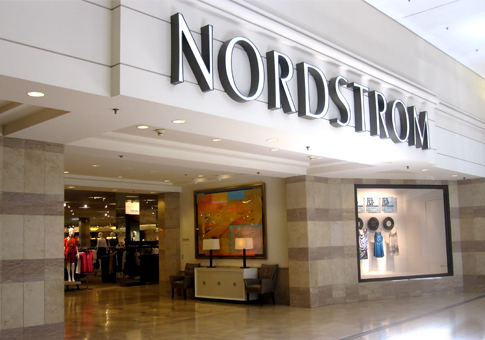|
RAPAPORT... The National Retail Federation's (NRF) annual ''tax returns'' survey, conducted by BIGinsight, revealed that 73.3 percent of U.S. consumers claimed their spending plans have taken a hit due to the expiration of a temporary payroll tax cut on January 1. When asked how the new federal tax laws have affected consumer spending, saving or household budgeting, 58.2 percent of those polled stated their plans have been either somewhat or greatly impacted. Specifically, 45.7 percent said they will spend less overall, and 35.6 percent will watch for sales more often. Additionally, 33.5 percent will reduce how often they dine out and 24.5 percent will spend less on “little luxuries,” such as trips to coffee shops, manicures and high-end cosmetic items. Of those consumers who are greatly impacted by higher tax, 49.2 percent plan to delay major purchases, such as a car, television or furniture, and 58.2 percent will reduce the amount they spend on dining outside the home; another 43.4 percent will contribute less to their savings, 46.4 percent will comparison shop more often and 54.4 percent will spend less on clothing.  But the survey also found that even for those consumers who felt little or no impact from the payroll tax increase, 22.4 percent said they would spend less overall and 15.8 percent would use coupons more often. An additional 11.1 percent expected to reduce their entertainment plans, 11.6 percent anticipated cutting back on vacation and travel plans and 17.9 percent stated they would watch for sales more often on the things they buy. “We cannot grow the nation’s economy until consumers consume. A smaller paycheck due to the fiscal cliff deal early last month, higher gas prices, low consumer confidence and ongoing uncertainty about our nation’s fiscal health is negatively impacting consumers and businesses across the country,” said NRF's president, Matthew Shay. “Every day we hear about building the middle class. We can only do that if we tear down barriers that prevent consumers from investing their hard-earned money back into our nation’s economy. It’s really that simple.” Given rising costs coupled with the expiration of the payroll tax cut, it is no surprise the survey found that 50 percent of those consumers who earn less than $50,000 will tighten their belts. Additionally, 23.2 percent will spend less on groceries, compared with 16.7 percent of consumers who make more than $50,000 a year, and 27.6 percent will shop at discount stores more often, compared with 19.7 percent of adults making more than $50,000. The survey also found that 65.8 percent of consumers are expecting a federal tax refund for 2012, and 37.2 percent will use those funds to reduce debt, 44 percent will save and 29.7 percent will use it for everyday expenses. BIGinsight's consumer insights director, Pam Goodfellow, concluded that consumers are extremely mindful of how they spend right now. “Thanks to years of practice, stemming from high gas and food prices and an uncertain economy, families will adjust to the changes in their take-home pay by purchasing generic brands, searching for coupons, downgrading on services like cable and Internet and re-evaluating their overall spending habits.”
|